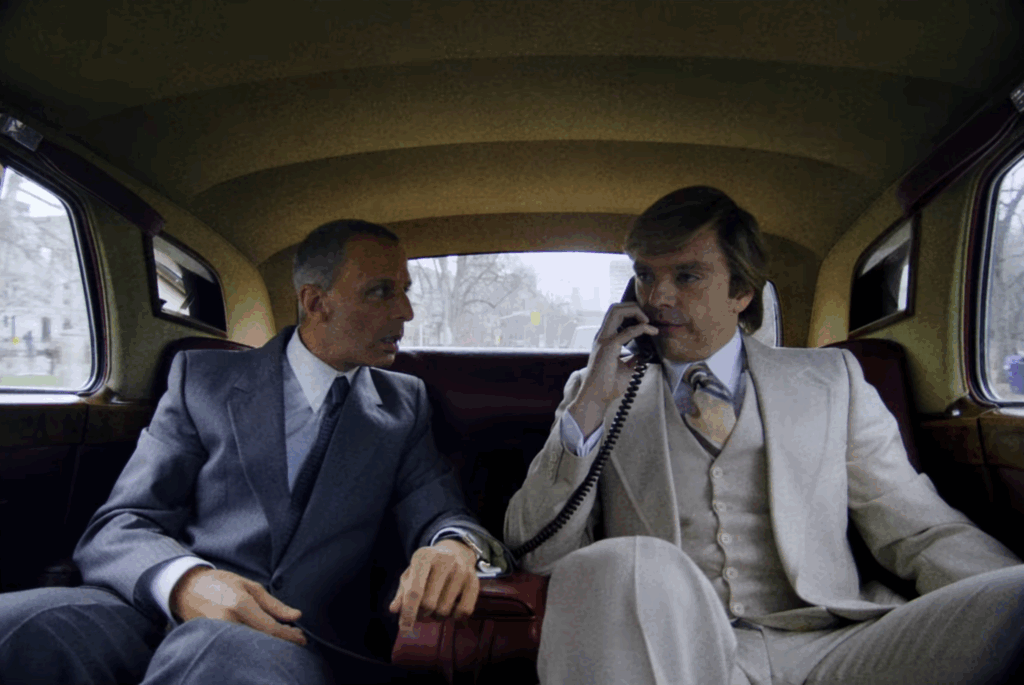The Apprentice (2024)
Between Donald Trump’s rising star and his overshadowed mentor Roy Cohn, there is an almost Shakespearean dynamic to the dual character arcs in The Apprentice, transcending mere parody and painting a surprisingly fresh portrait of a culturally dominant, larger-than-life figure.

